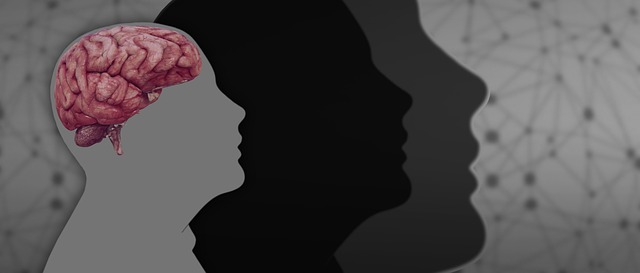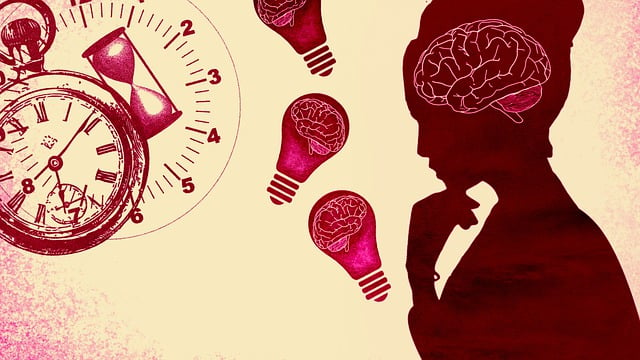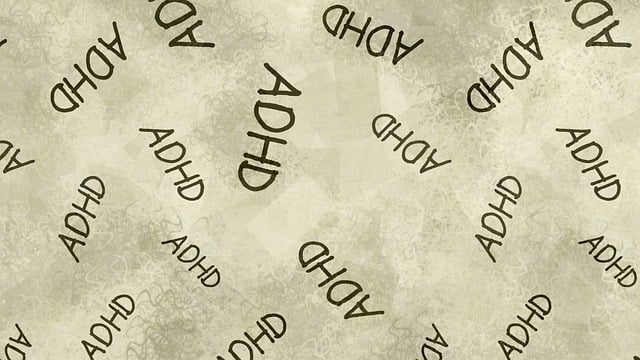The text emphasizes that stigma surrounding mental health, particularly gender identity issues, poses a significant barrier to individuals seeking support. Organizations like Broomfield Gender Identity Therapy combat this by offering progressive therapy and workshops focused on education, coping skills, and risk assessment. Through personalized treatment plans, group support, and mental wellness journaling, BGIT empowers clients to manage their mental health effectively. Community education, authentic storytelling, policy reforms, and support groups are also highlighted as essential strategies for reducing stigma, fostering empathy, and creating a more inclusive society regarding mental illness.
Mental illness stigma continues to impede individuals’ ability to seek help, fostering isolation and worsening symptoms. This article delves into targeted efforts to reduce this pervasive barrier. We explore strategies like Broomfield Gender Identity Therapy, a pioneering approach focused on deconstructing stigma through personalized care. Additionally, we discuss the power of education, media representation, policy changes, and support groups as comprehensive long-term solutions for fostering a more accepting society.
- Understanding Stigma and Its Impact on Mental Health
- Broomfield Gender Identity Therapy: A Unique Approach to Deconstructing Stigma
- Educating Communities: Breaking Down Misconceptions
- The Power of Storytelling and Representation in Media
- Policy Changes and Support Groups: Long-term Strategies for a Stigma-free Society
Understanding Stigma and Its Impact on Mental Health

Stigma surrounding mental health issues is a significant barrier to individuals seeking support and treatment. It often manifests as prejudice, discrimination, or negative attitudes towards people with mental illnesses, such as depression, anxiety, or even gender dysphoria, as highlighted by Broomfield Gender Identity Therapy. This stigma can have profound effects on an individual’s well-being, leading to increased isolation, reduced access to care, and worse clinical outcomes.
Understanding the impact of stigma is crucial for initiating change. It perpetuates a culture of silence where people fear judgment or rejection when sharing their struggles. Many individuals may avoid seeking professional help due to concerns about being misunderstood or labeled. Consequently, unaddressed mental health issues can escalate, impacting daily functioning and overall quality of life. Organizations like Stress Management Workshops provide valuable resources by offering workshops focused on coping skills development and risk assessment for mental health professionals, aiming to combat these challenges through education and awareness.
Broomfield Gender Identity Therapy: A Unique Approach to Deconstructing Stigma

Broomfield Gender Identity Therapy (BGIT) offers a unique and progressive approach to deconstructing the stigma surrounding mental illness, particularly within the context of gender identity. This innovative therapy focuses on empowering individuals to express their authentic selves, fostering acceptance, and promoting emotional regulation. By creating a safe and supportive environment, BGIT enables clients to navigate complex identity issues while developing coping strategies for managing internalized stigma.
The therapeutic process involves personalized treatment plans that integrate various techniques, such as cognitive-behavioral therapy and mindfulness practices. In addition to individual sessions, BGIT facilitates group support groups, providing a sense of community and shared experiences. This collaborative approach not only enhances emotional well-being but also equips individuals with the tools for self-advocacy, fostering a culture of understanding and respect in society. Furthermore, by incorporating mental wellness journaling exercise guidance, clients are encouraged to reflect on their progress, track emotional shifts, and develop a deeper sense of self-awareness—all integral parts of effective risk management planning for mental health professionals.
Educating Communities: Breaking Down Misconceptions

Educating communities about mental illness is a powerful tool to reduce stigma and foster understanding. By implementing programs that focus on raising awareness, we can break down misconceptions and promote empathy. One effective strategy is to organize workshops and seminars where professionals, such as those at Broomfield Gender Identity Therapy, can share accurate information about various mental health conditions. These sessions can cover topics like the symptoms of common disorders, the importance of early intervention, and successful treatment approaches.
Furthermore, engaging in open conversations about mental wellness through coaching programs and self-awareness exercises can help individuals recognize their own struggles or those of loved ones. Encouraging people to seek support from specialized services, like anxiety relief initiatives, ensures that they receive accurate diagnoses and effective treatments. This collective effort to educate can lead to a more supportive environment where mental illness is treated with the same compassion and understanding as physical health concerns.
The Power of Storytelling and Representation in Media

Storytelling has always been a powerful tool, and when it comes to mental illness stigma reduction, it can be a game-changer. Sharing personal narratives, especially those from underrepresented communities like individuals with diverse gender identities, can humanize experiences that are often misunderstood. For instance, Broomfield Gender Identity Therapy’s efforts in media representation have highlighted the challenges faced by transgender individuals, fostering empathy and breaking down barriers.
Media plays a significant role in shaping public perception, and when it portrays mental health struggles and victories authentically, it can reduce stigma. This is where initiatives like Trauma Support Services and Mental Wellness Coaching Programs Development come into play. By involving real-life stories in these programs, professionals can educate the public, dispel myths, and promote understanding. Moreover, risk management planning for mental health professionals can be enhanced by incorporating ethical storytelling practices, ensuring a supportive environment for both patients and practitioners.
Policy Changes and Support Groups: Long-term Strategies for a Stigma-free Society

Reducing stigma surrounding mental illness requires a multifaceted approach, and policy changes alongside support group initiatives are vital long-term strategies for fostering a more inclusive society. Many countries have recognized the need to reform laws and regulations to protect individuals with mental health concerns. These policy shifts often include ensuring equal access to quality mental healthcare services, promoting diversity and inclusion in healthcare settings, and prohibiting discrimination based on mental health status. Such changes create an enabling environment where people feel safer seeking support without fear of judgment or loss of opportunities.
Support groups play a crucial role in this process by offering safe spaces for individuals to share their experiences and connect with peers facing similar challenges. These groups facilitate open conversations, dispel myths, and foster empathy, thereby helping to reshape societal perceptions. Encouraging participation in mental health education programs designed to raise awareness and promote understanding is another effective tactic. Additionally, teaching conflict resolution techniques and mood management skills empowers individuals to navigate social interactions more effectively, further reducing the isolation often associated with mental illness. Initiatives like Broomfield Gender Identity Therapy exemplify this comprehensive approach by addressing specific aspects of mental health while contributing to broader stigma reduction efforts.
Mental illness stigma reduction is a multifaceted effort requiring innovative approaches, such as Broomfield Gender Identity Therapy, which deconstructs societal norms. By educating communities through media representation and implementing policy changes, we can foster understanding and create a more inclusive society. These strategies, combined with support groups, hold the key to breaking down misconceptions and ultimately achieving a stigma-free world, ensuring those affected receive the care and respect they deserve.














